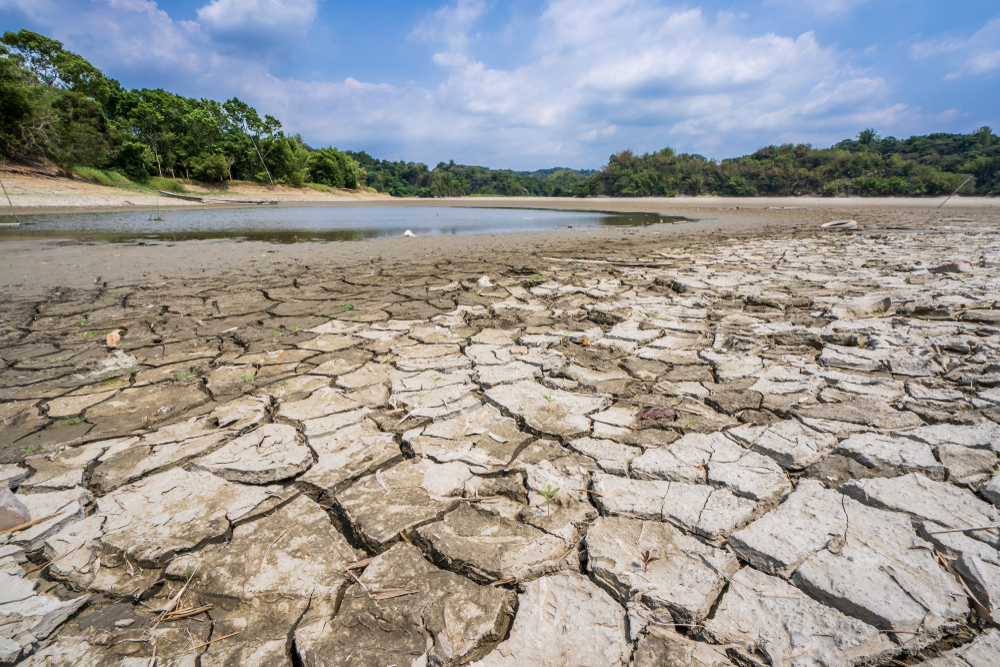A new irrigation policy that favors Taiwan’s chipmakers over its rice farmers has led to increased tension between the two, The New York Times reported Thursday, as the country attempts to respond to a water shortage caused by an ongoing drought.
Liberty Times Net reported that Taiwan’s Water Resources Agency shut off irrigation to more than 183,000 acres of farmland to conserve water. Yet companies in the Hsinchu Science Park—most notably TSMC—still receive the precious liquid.
It might seem odd to prioritize chip production over farming, but Water Resources Agency deputy director Wang Yi-Feng told the NYT that the inverse would be a “lose-lose” because the farmers would suffer from low yields even with irrigated water.
Yet a recent study co-authored by the Semiconductor Industry Alliance estimated that 92% of the world’s sub-10nm chip production happens in Taiwan. That means problems in the country “may cause severe interruptions in the supply of chips.”
The “may” was unnecessary. The world’s already waiting on Taiwan for chips used in CPUs, GPUs, automobiles, and other devices. The supply of other components, such as display panels, has also been threatened by the country’s ongoing drought.
Companies like TSMC have responded to the water shortage with everything from improved recycling processes to trucking in water from elsewhere. These efforts won’t completely solve the problem, however, at least in the short term.
Taiwan’s Water Resources Agency is essentially in a no-win situation. If it favors rice farmers it runs the risk of further limiting chip production during a global shortage, and there’s no guarantee that the farms would receive enough water anyway.
But, as The New York Times report showed, prioritizing the semiconductor industry is already rubbing some residents the wrong way. It’s also a temporary solution that appears to be intended to bide time until the drought finally comes to an end.
In the meantime, TSMC can announce plans to spend $100 billion in three years to improve chip supply and continue developing new technologies, but it can’t actually make it rain.
